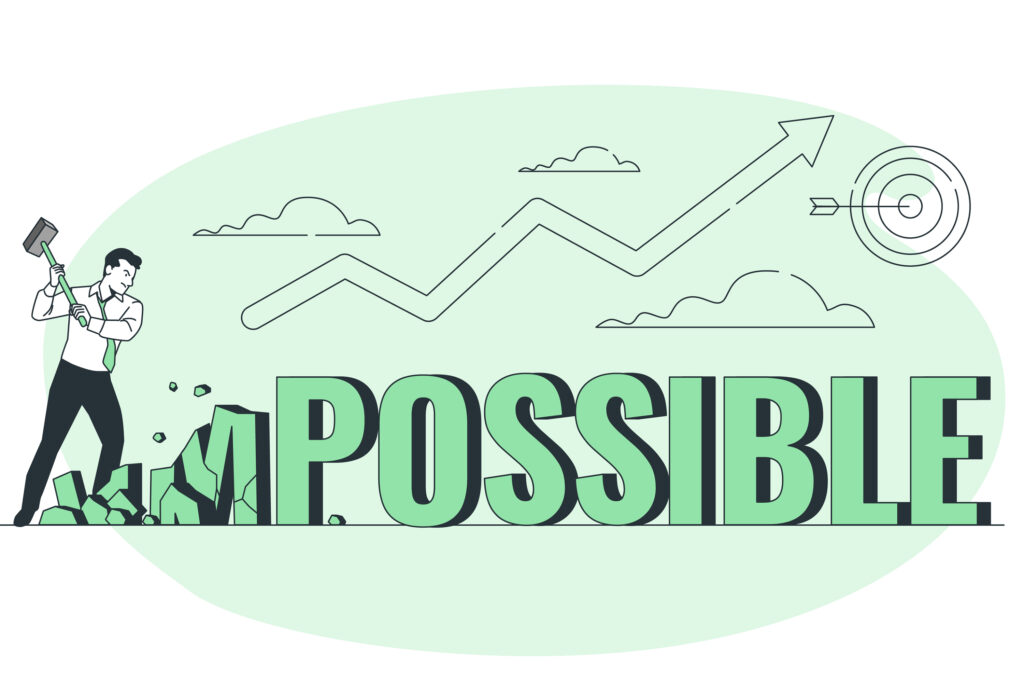Discover how helping others selflessly can unlock deeper meaning and happiness in your own life. Discover purpose, cultivate resilience, and improve your health by helping others unconditionally.
Kaplan (2025c) Life might feel as a never-ending cycle of commitments, work, and personal aspirations. We are continually urged to hustle, strive, and pursue achievement. However, the more you concentrate on yourself, the simpler it is to become detached, anxious, and even burned out.
The antidote? Selfless service.
“Selfless service” refers to the act of assisting others without expecting anything in return—no rewards, advantages, or conditions attached. It’s basically giving from the heart and not making people feel as if they owe you anything.
The wonderful humor, nevertheless, is that selfless devotion is not only beneficial to the world, but also transforming for you. According to research, service, whether via volunteering, civic involvement, or simply helping others informally, benefits physical as well as mental wellness.
Volunteering, for example, is frequently viewed as a way to “give back” or fulfill a moral responsibility. However, when you do selfless service, you are not just improving the lives of others; you are also rewiring your brain, nourishing your well-being, and rediscovering a sense of purpose.
One of his client, Jennifer Sirangelo, president and CEO of the worldwide charity Points of Light, which organized over 3.8 million participants last year, recently told him that service links us to something higher than ourselves. It not only meets critical societal needs, but it also fosters meaningful relationships and a sense of belonging, therefore strengthening individuals, organizations, and communities.”
Why Service Matters
Selfless acts of service not only change the lives of those we aid, but they also have a tremendous influence on us. In his book Experiential Intelligence, He look at how one’s life experiences, especially those focused on helping and serving, form our distinct skills and ways of thinking. Service is more than just serving the needs of others; it is also about realizing our own potential via meaningful relationships, empathy, and finding meaning in our common humanity.

Humans are psychologically wired for connection. Research shows that acts of compassion that link us to others can considerably improve our well-being. When you serve others, you release neurotransmitters like dopamine, serotonin, and oxytocin, which are linked to happiness and reduced stress. These neurochemical changes can reduce anxiety and improve mood, demonstrating the powerful effect of kindness on mental health.
Few other activities stimulate these hormones in the same manner as selfless service does. It’s like hitting the mental and emotional reset button.
For instance, service performs the following:
- Volunteering improves mental health: By lowering rates of depression and anxiety. Just a few hours each month can help you feel less stressed and more connected to others.
- Enhances your feeling of purpose: Being a part of something larger than yourself makes it simpler to discover significance and clarity in your own life.
- Fosters resilience: Helping others puts your own problems in perspective, which might improve your capacity to recover from difficulties.
If you feel like you’re trapped, overwhelmed, or simply out of sync with the world around you, there’s nothing better than getting out of your own head and serving others.
What is selfless service, and why is it important? Powerful
Selfless service is all about assisting others with no expectation of receiving anything in return. It is not transactional. It is transforming. The notion is derived from ancient traditions like as Seva in Hinduism and Sewa in Sikhism, in which helping others is viewed as a road to spiritual progress. However, you do not have to follow a certain creed or philosophy to receive its advantages.

Imagine you’re providing meals to families who might otherwise go hungry. Their eyes reflect relief, and their words express thankfulness. That moment isn’t about them; it’s about how it affects you. Suddenly, your own problems become smaller, you gain a fresh perspective, and you realize the immense impact of a simple act of service.
This is what White Pony Express (WPE) volunteers experience on a daily basis. WPE saves leftover food and distributes it to those in need, relying nearly completely on volunteers. The organization understands that volunteers benefit themselves as much as others. They achieve freedom and pleasure by serving others. WPE refers to this as a “circle of giving” in which everyone engaged benefits. Lives are altered when people freely give their time and energy so that everyone can benefit from life’s abundance. According to Eve Birge, CEO of WPE, “meaningful, long-term change comes from spontaneous service to others, where we see one another as members of our human family.” Through service, we put love into action.”
The appealing aspect of giving back is that it requires no effort to appear in a specific manner. You don’t have to either rescue the planet or devote 20 hours every week. Selfless service entails turning up—whether for someone you know, a local organization, or even a complete stranger—and doing your best with what you have. It might require a minute, an hour, or a day of your time. What important is the desire and act of giving without expecting anything in return.
Begin the Service Journey

Whilst acts of selflessness is about giving without expecting anything in return, it is also one of the most effective methods to gain simplicity, viewpoint, and fulfillment. Whether you’re a pupil, an expert, or a retiree, this is what you get:
- Better relationships: Helping others develops social links, allowing you to feel more attached to your community.
- Improved self-worth: As you experience the beneficial effects of your activities, your confidence develops.
- Mental clarity: Service fosters a sense of concentration and thankfulness, which helps to cut through the cacophony of daily living.
If you’re willing to feel the power of selfless service, you may start with these three simple steps:
- Discover your passion: What excites you? Begin with anything that aligns with your principles, such as feeding the needy, mentoring youngsters, perhaps tidying up a nearby park.
- Start simple: Do not overthink things. Even one hour every month may make an impact both for you and others.
- Make it social: Form a group or team. Volunteering with others fosters community, making the activity more fun and meaningful.
And if you’re a member of a group or lead a team and want to motivate individuals, focus on the following three things:
Make things easier: Simplify the process of joining up and participating.
Illustrate the impact: Share anecdotes and statistics about how volunteers make a difference.
Thank and acknowledge volunteers frequently to show appreciation, develop loyalty, and keep them returning back.
Selfless service is more than simply giving. It’s also about growth. Stepping outside of yourself and showing up for others causes ripple effects that may improve people’s lives, including your own. In an increasingly divided society, unselfish service helps to bridge the gap between people and inside themselves.(Kaplan, 2025c)

Key Points to be noted:
- Selfless service is the act of assisting others without expecting anything in return.
- The positive irony of selfless service is that freely giving alters both others’ and your own life.
- According to research, unselfish service increases mental clarity, decreases stress, and promotes physical wellness.
Citation & Reference:
Kaplan, S. (2023). Experiential Intelligence: Harness the Power of Experience for Personal and Business Breakthroughs. (Matt Holt Books).
Kim, Eric S. et al. (2020). Volunteering and Subsequent Health and Well-Being in Older Adults: An Outcome-Wide Longitudinal Approach. American Journal of Preventive Medicine, Volume 59(2), 176–186.
Lanza K, Hunt ET, Mantey DS, Omega-Njemnobi O, Cristol B, Kelder SH. Volunteering, Health, and Well-being of Children and Adolescents in the United States. JAMA Netw Open. 2023;6(5):e2315980. doi:10.1001/jamanetworkopen.2023.15980
Mayo Clinic Health System. (n.d.). 3 health benefits of volunteering.
Hierholzer, R. W. (2004) “Improvements in PTSD Patients who Care for their Grandchildren.” American Journal of Psychiatry, 161(1): 176.




